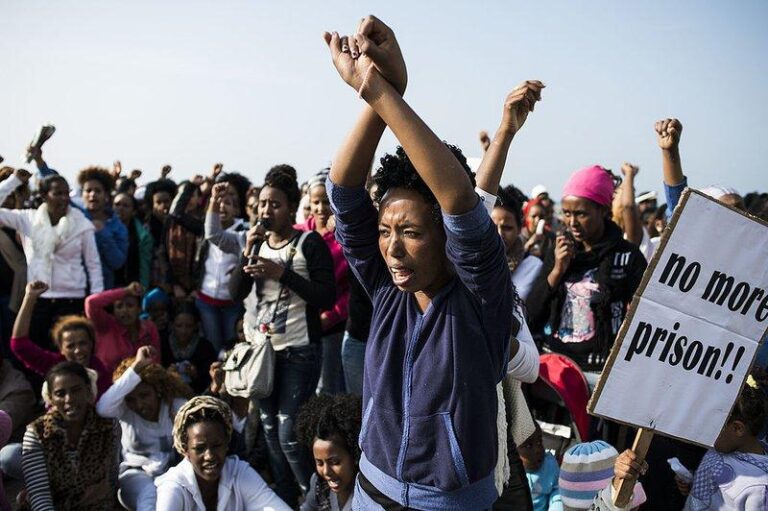Introduction
Rwanda has emerged as a model for refugee policy in Africa, showcasing a blend of humanitarian leadership and strategic development. The country’s approach to refugees is shaped by its unique history and commitment to rebuilding after the 1994 genocide. Here, we explore how Rwanda has addressed the challenges of hosting refugees while fostering social and economic integration.
The Framework of Refugee Policy in Rwanda
Rwanda’s refugee policy is founded on a set of principles that prioritize human dignity and the protection of migrants. Governed by both national laws and international agreements, Rwanda’s policy framework allows for the provision of shelter, education, and health services to refugees.
Commitment to International Standards
The country is a signatory to various international treaties, committing to uphold the rights of refugees. By aligning with international standards, Rwanda not only enhances its global standing but also sets a precedent for other countries in the East African region.
Community-Based Approaches
Rwanda promotes community-based approaches in addressing refugee needs, facilitating integration and coexistence. Programs designed to engage local communities in refugee support provide a sense of belonging and encourage social harmony.
Rwanda’s Humanitarian Leadership
Rwanda’s leadership plays a pivotal role in shaping its humanitarian actions and policies. The government actively collaborates with international organizations and NGOs, reflecting a model for effective humanitarian leadership. For more insight into this topic, visit Borgen Project.
Innovative Solutions
Innovative solutions to refugee challenges are at the core of Rwanda’s humanitarian leadership. The country has implemented various projects that transform refugee camps into self-sustainable communities through education and vocational training.
Leading by Example
Rwanda’s commitment to refugee issues is evident in its global advocacy for refugee rights. By leading by example, Rwanda encourages other nations to adopt similar humanitarian stances, thus fostering a collaborative approach to addressing global refugee crises.
Conclusion
Rwanda’s refugee policy and humanitarian leadership signify a progressive approach toward managing displacement. As the country continues to refine its strategies, it remains a beacon of hope and a case study for effective refugee management in the face of adversity.

